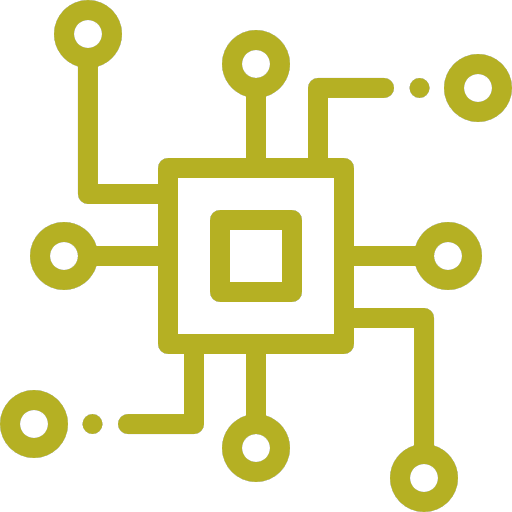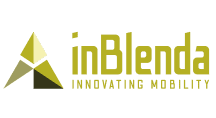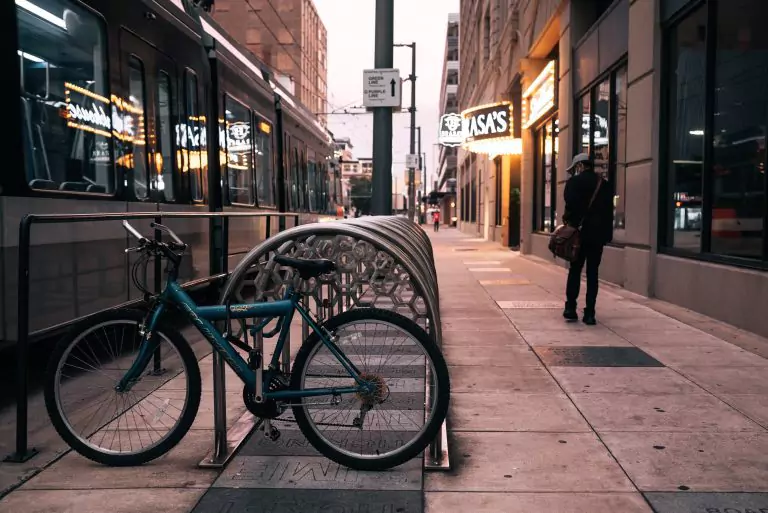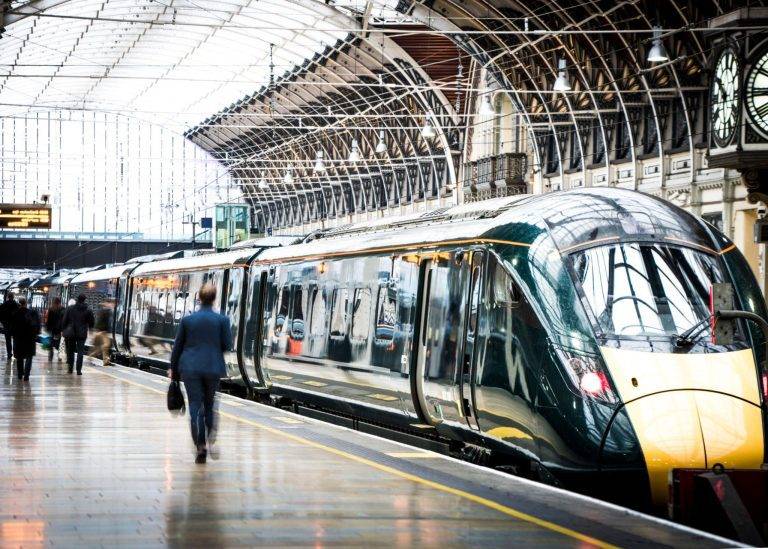Menu
Menu
Close
- Services
-
Engineering Consulting
 Engineering Consulting
Engineering Consulting -
Digital Product Development
 Digital Product Development
Digital Product Development -
Fundraising & Project Management
 Fundraising & Project Management
Fundraising & Project Management
-
- Key Projects
- Services
-
Engineering Consulting
 Engineering Consulting
Engineering Consulting -
Digital Product Development
 Digital Product Development
Digital Product Development -
Fundraising & Project Management
 Fundraising & Project Management
Fundraising & Project Management
-
- Key Projects











